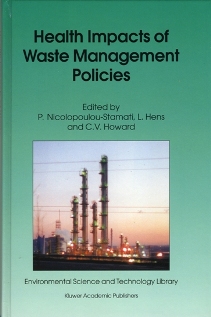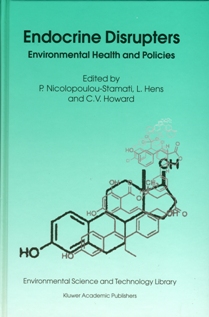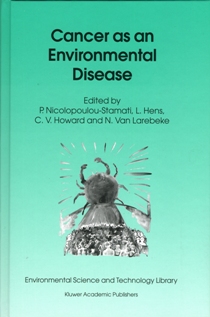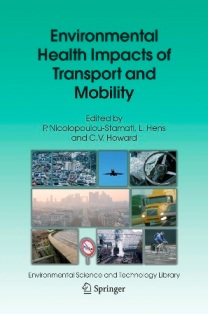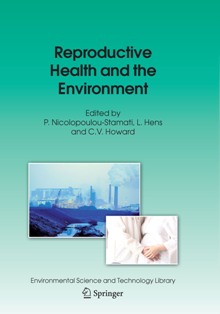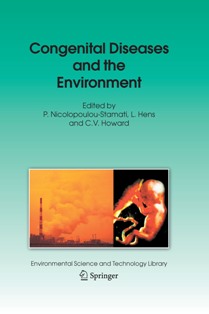Methods
Methods employed are multidisciplinary cooperation of interactive groups, discussion and evaluation of data, publication of results, web pages and web site with interactive capacity. Experts and non- expert target groups exchange information and experience, thus contributing to a process of training of trainers via workshops and interactive web pages. Generated information is documented in a way to enhance understanding of pollution related diseases serving the target groups but also the public at large through journalists. Overall evaluation is carried by scientific communication, external audit and total quality assurance. Individual events will be evaluated by questionnaires, peer reviews and editorial publisher reviews.
- Two interim reports, which must cover the state of progress of the work, submitted to the Commission, in 3 copies and an electronic version, by 01/12/2003 (for the first one) and 01/12/2004 (for the second one) at the latest.
- A final report by 01/03/2006, summarizing the work carried out pursuant to this Agreement and including detailed information on development and progress of the project, together with copies of all documents produced in the framework of the Agreement.
